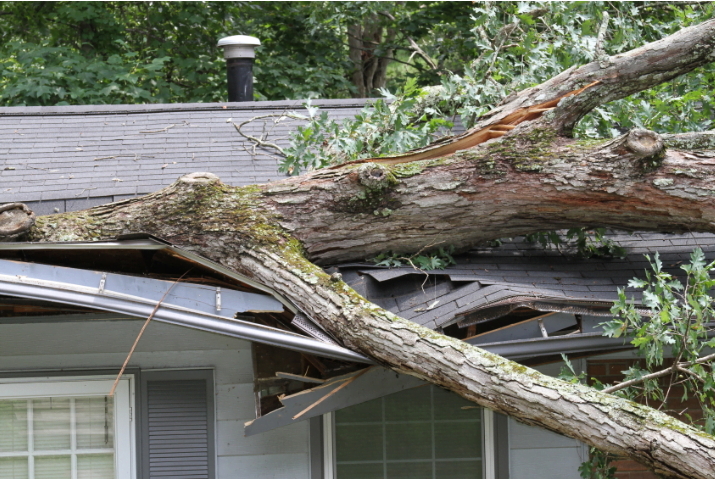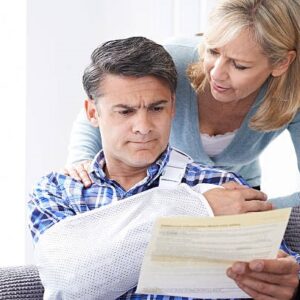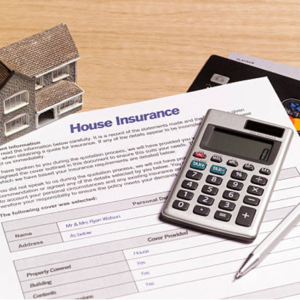California is no stranger to Earthquakes, but with all the talk about us waiting on that “big one”, it’s hard not to get a little worried from time to time about what to do if any huge earthquakes were to strike.
It’s important to remain calm after an earthquake, we know that can be difficult sometimes since natural disasters cause a sense of panic, but you must remain calm for you and your family’s safety. Here are some safety tips from Allstate to help you the next time an earthquake strikes:

Check the Property
After an earthquake, it’s important to assess the situation and inspect the inside of your home. If it doesn’t seem safe – according to the Central United States Earthquake Consortium (CUSEC), you should take your family outside and check the rest of the property for any further damage that the earthquake could have caused.
Some hazards to look for are trees, powerlines, structures, as well as anything that can potentially cause a fire. Fires are known to be the most common after-effect of an earthquake. It’s important to have tools like a fire extinguisher just in case a spark ignites flammable substances or materials after an earthquake.
Another danger to look out for would be any exposed wires or gas leaks. The Federal Emergency Management Agency (FEMA) suggests that if you suspect there is a gas leak or an uncontained electrical current, to not light a match or start a fire in that area.
It’s best to check your property of for any potential hazards before moving forward to resolving those issues of left in the aftermath.
Get Clean Water
Along with inspecting your property, you should check for any damage to the water lines. If so, do not drink that water from the tap.
There are alternatives to keep hydrated in the meantime if you don’t have any water bottles, or other potable water prepared. Some alternatives could be melted ice, liquid from canned fruits/vegetables, and water from the tank of a toilet (so long as it’s not chemically treated).
Emergency Needs and Services
If you have access to something to watch the news, FEMA highly recommends doing that for any, and all emergency reports and updates. Also, CUSEC recommends not driving on the roads unless it’s an emergency. This would the roads to be open to all emergency vehicles such as ambulances, fire trucks, and police cars.
Be Cautious During Cleanup
When you can return home after a big earthquake, be cautious of your surroundings. It’s important to wear sturdy shoes when walking through debris, according to the United States Geological Survey. Also, beware of opening closets or cabinets due to the possibility of something heavy falling after it had been moved.
Be Prepared for Aftershocks
It’s always better to be safe, than sorry. Aftershocks can come at any time after an earthquake (from hours to even months), and for some – it can be even deadlier than the initial earthquake itself.
Be prepared if one strikes and have a go-to spot where you can drop to the floor and take cover until the shaking stops.
If you happen to be somewhere outside that leaves you uncertain of where to go when an earthquake strikes, then American Red Cross recommends going to an open space away from any trees, buildings, or anything else that could fall on you.
If you’re in a car, be sure to stop in an open and safe area and stay in your vehicle until the shaking comes to a complete stop.
An earthquake can be terrifying, especially if it is powerful. It’s always important to be prepared for anything when dealing with an earthquake, even when it’s long gone




